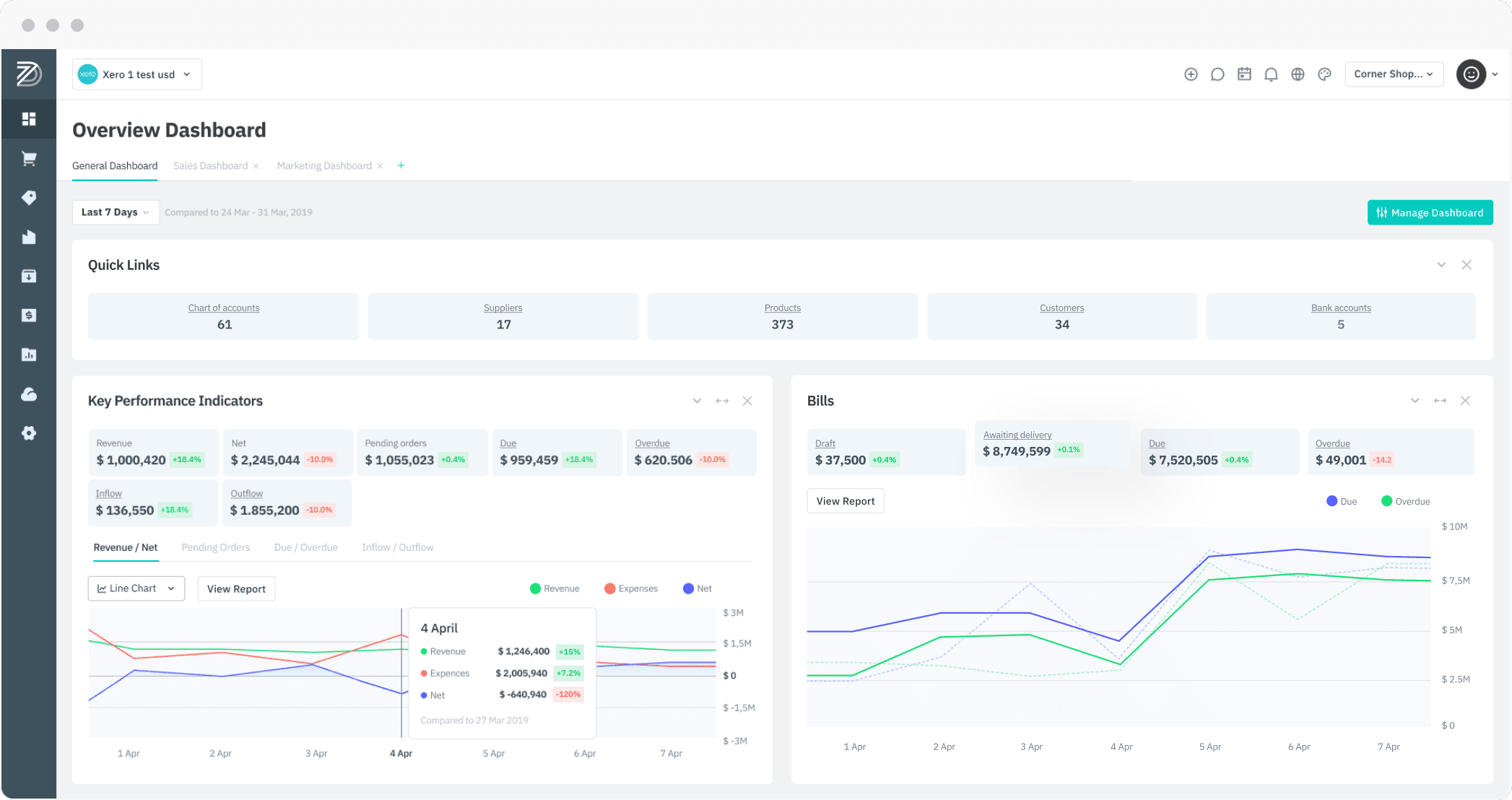Feature 1: Add HS code and country of origin (COO) information to product records.
Impact area:
Inventory module
Introduction:
Our customers requested the ability to add Harmonized System (HS) codes and Country of Origin (COO) codes to product records by default.
- The harmonized system is a standardized numerical method of classifying traded products and commonly used throughout the goods export process. It is used by customs authorities around the world to identify products when assessing duties and taxes and for gathering statistics.
- COO represents the country or countries of manufacture, production, design, or brand origin where a product comes from.
These fields are required by customs authorities and are essential for businesses which export abroad. Previously, this information could be added to product records manually using additional attributes, but with this release these fields have been added as optional default fields to a product record. Users will be able to add this information quickly and easily, and edit it if it was downloaded from eCommerce channels such as Shopify.
Pre-conditions:
- Users will need the Your Company – General Settings permission to make changes.
Functionality:
- Go to Inventory → Products → [select product] or create a new product to add HS code or Country of origin to a product record.
- These fields will be fetched when downloading the product catalog from, or sent when listing products to, integrations where they are supported. These are the following:
- Shopify
- BigCommerce
- ShipRush
- ShipStation (as shipping service)
- StartShipit
- Shiptheory
- Shippit
- These fields are passed to shipping service integrations where applicable.
- These fields have been added to the following:
- Product Specification document template
- import/export CSV files: Inventory List, Inventory List (without descriptions);
More information:
Managing products and services – populating your inventory
Feature 2: Set priority (high, medium, low) in production scheduler
Impact area:
Advanced manufacturing module
Introduction:
Cin7 Core clients have expressed that it’s important to them to assign priorities to production orders so they can see which order should take priority if things are behind schedule. With this release, we have added this functionality to the production scheduler.
Pre-conditions:
- Advanced manufacturing module subscription is required
- Users will need the Scheduler permission to use this feature.
Functionality:
- A new column has been added to the scheduler to show Priority for the order.
- In Edit mode, the order priority can be changed by selecting a value from High, Medium, and Low from the dropdown menu. By default, new production orders will have medium priority. When Save changes is pressed, the orders will be sorted and the scheduler updated.
- These 3 priorities divide the orders into 3 groups. High priority orders are displayed at the top, Medium in the middle, Low at the bottom. Within a group, orders will be sorted by release date.
- MES application will display orders in the user task list according to order priority.
More information:
Feature 3: Filter sales and purchases by “awaiting approval” status
Impact area:
Sales module, purchase module
Introduction:
Previously, Core Cin7 could filter sales and purchases by awaiting approval status only when Core to Core Networking had been enabled. With this release, the filter will be visible whenever order/quote approval is enabled. Notifications for orders awaiting approval also reflect this change.
Pre-conditions:
- Order approval must be enabled from Settings → General settings → Sale process customisation/Purchase process customisation.
Functionality:
- Awaiting approval can be selected from the status filter dropdown menu when viewing sale list or purchase list
More information:
Sales views and order status values
Purchase views and orders status values
Feature 4: Export orders to Shiptheory
Impact area:
Shiptheory integration
Introduction:
Previously to this release, Shiptheory integration allowed for shipping information to be sent to Shiptheory so shipping labels could be printed in Cin7 Core. With this release, functionality has been expanded to export orders from Cin7 Core to Shiptheory.
When enabled, this exports orders from Cin7 Core (including eCommerce orders), fulfillment takes place in Shiptheory, then shipping information and stock movements are synced back to Cin7 Core. Orders can be filtered before export.
NOTE: Orders are exported automatically from Cin7 Core but users will need to manually approve orders from Shiptheory, select carrier and service, and print shipping labels.
Pre-conditions:
- Shiptheory integration






